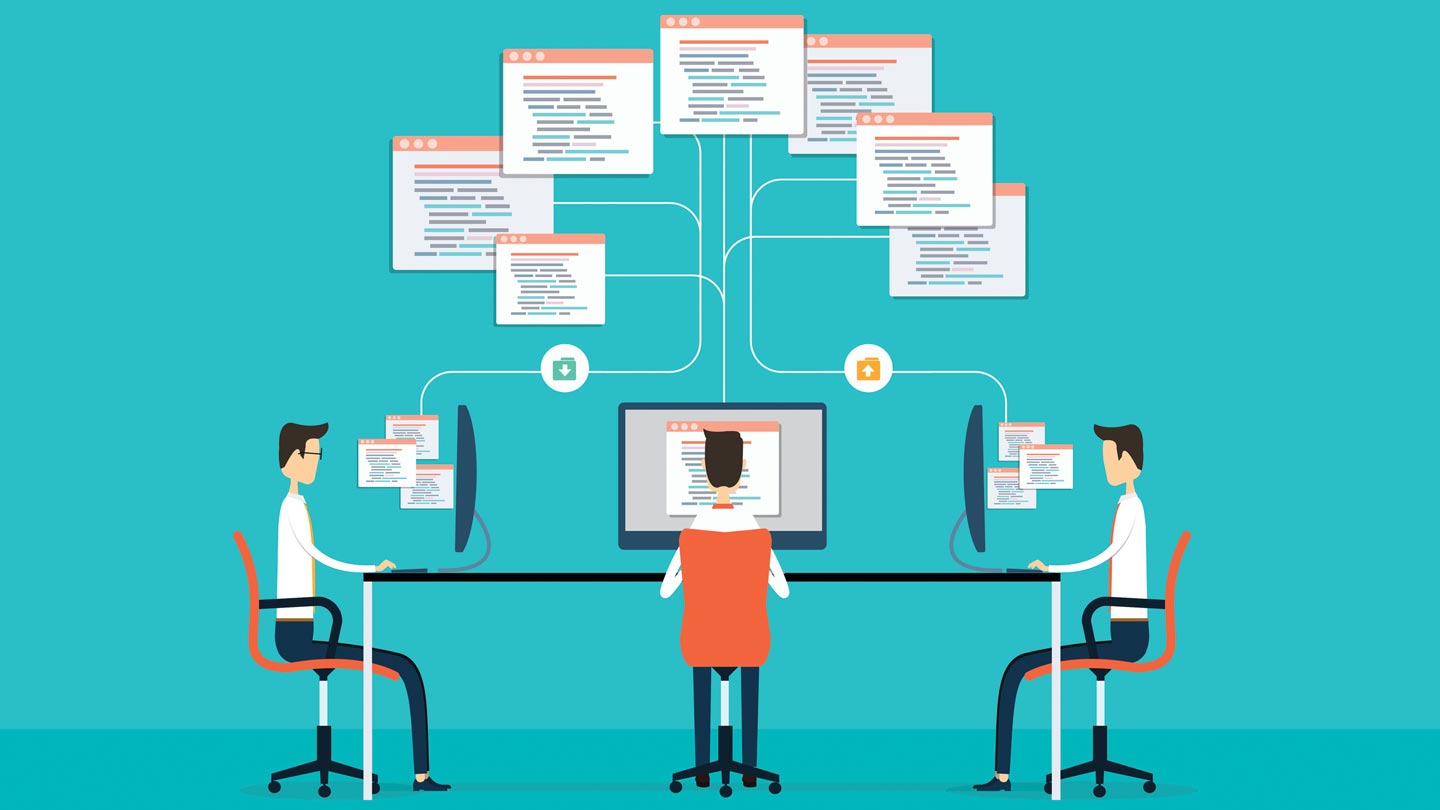Are you ready to cook up some software?
Do you have a great idea and you’re wondering what it would take to get it done? If so, you’ve come to the right place. Whether you’re curious what makes a software development team successful or thinking of creating your own team, today we’re sharing Ascendle’s own recipe for success.
Building software requires three main ingredients:
- Skills
- Processes
- Discipline
Many companies possess the skills required to write enterprise and commercial software. Fewer possess the skills and the processes for good software development. And only a very few possess the skills, processes and discipline to deliver the best results.
In this article, we’ll look at each of these three ingredients for building software. You’ll see how Ascendle uses them to deliver software projects that meet your objectives while remaining on-time and under budget.
Software Building Skills
There are three types of skills you’ll need when building software: technical, business, and leadership.
Technical Skills:
Technical skills may seem obvious, but they vary greatly depending on the type of software being built.
For web applications, your development team needs server-side programming skills such as ASP.NET MVC or other server-side technology. At the same time, you need client-side skills such as HTML, JavaScript and CSS. Knowledge of JavaScript frameworks such as AngularJS provide a critical advantage. And in the cloud, you need skills such as Microsoft Azure, web services, OAuth, and more.
For native mobile apps, you need familiarity with the iOS and Android development platforms. But more importantly, you need knowledge of tools such as Xamarin that allow true cross-platform development without having to write two or more separate applications.
And for every software project, you need a diverse cast of technical experts, including user experience architects, visual designers, project managers, quality assurance engineers, software architects, and more.
Business Skills:
Technical skills are required for building software, of course, but business skills are required for building the right software. Your software development team should include people who not only understand the business objectives of the project, but can also speak to the requirements, limitations, and competitive factors in place.
Ascendle views business experts as an integral part of your development team, working with software engineers on a daily basis. Ideally, every member of your team – including the engineers – will start work on each feature by focusing less on technical specifications and more on business objectives. This in turn will lead to more creativity and innovation from your team.
In fact, the Scrum process we use at Ascendle is designed entirely around prioritizing objectives and allowing the development team itself to decide how to implement those requirements. When teams are strong in business and technical skills, the result is almost always better software.
Leadership Skills:
Leadership skills start at the very top, with the support and sponsorship of your executive team. A project openly backed with enthusiastic support from your company’s executives will enjoy better morale and improved chances of success.
On a project level, Ascendle believes in the Scrum philosophy of empowering self-organized development teams. Product Owners need the leadership skills to prioritize features (i.e. make the hard decisions) and work with other stakeholders to gain approval and support when needed. ScrumMasters need the leadership skills to guide and facilitate the development process, without being authoritarian and dictating what people need to do. And every team member needs the responsibility and leadership mentality to “own” not only their piece of the puzzle, but also the overall performance of the team.
Software Building Processes
Every software development effort needs a web of common methodologies and philosophies to guide it. At the center of that web, we believe Agile provides the most natural fit for building mobile and web-based software apps.
Scrum is the Agile methodology we use to manage our projects. Git (along with Git Flow) is a tool for managing source code in highly flexible environments.
The Minimum Viable Product (MVP) is a philosophy we embrace that challenges us to release the smallest possible piece of valuable software as quickly as possible.
The Product Backlog within Scrum represents a philosophy that business leaders should prioritize the features to be worked on, not the development team. By the same token, the development team should determine how to build each feature, not the business leaders.
How your software team responds to change is another important process. In Scrum, your list of features is re-prioritized before every short-term production sprint. But no such changes or modifications are allowed once a sprint is in progress.
These are just a few of the processes and philosophies making up Ascendle’s overall methodology. A robust set of these methods – that are also flexible enough for today’s markets – can drastically improve your chances of success when building software.
Software Building Discipline
Many companies have the right skills and even the right tools and processes to be successful. Where they fail at building software is in their discipline.
Most of these processes work – if you stick to them. But the more corners you cut, the less effective they will be. We see this all the time in our Agile coaching engagements, where we’re asked to figure out why our client’s Agile process isn’t working. Clients “get it” – and then promptly start changing things to suit their culture, matching their ideas of what’s important and what isn’t. Instead of instilling the discipline to follow Scrum processes that are known to be effective, they reinvent the wheel. And all too often, they end up with the proverbial square wheels on what was supposed to be a high performance car.
Discipline is what sets high-performance Agile teams apart. Staying faithful to Scrum methodologies – even when it seems like you could skip Step B to go a little faster – always pays off in the end. We are fanatic about sticking to the rules. In fact, it’s because of our disciplined adherence to Scrum principles that we can routinely create MVP applications for our customers in as little as 4 months. So if you’re ready to cook up that software, we have the recipe. Just throw on your apron and give us a call…






